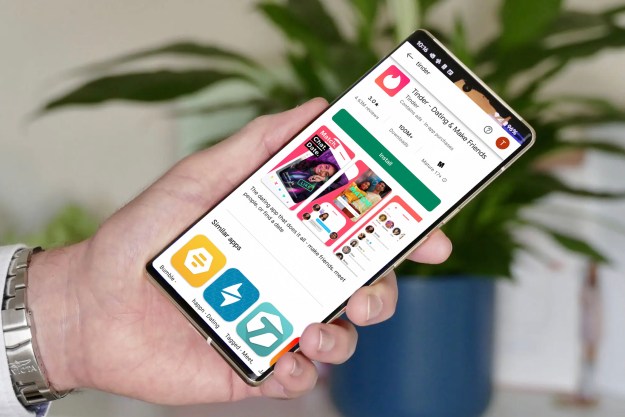
Apple’s App Store might be the top mobile application marketplace in North America and Europe, but a survey or mobile developers conducted by Evans Data Corporation in December finds that Nokia’s Ovi Store is the top player amongst wireless developers in emerging markets—and Microsoft’s Window Marketplace for Mobile also had some significant traction. Somewhat surprisingly, monetization opportunities in a mobile platform weren’t always a top priority for developers in the survey: instead, they were more concerned with mobile OS’s, application runtime environments, and development tools.
“The app store model is now an expected part of any wireless developer program,” said Evans Data CEO Janel Garvin, in a statement. “And while Apple’s iPhone App Store set the pace in North America and Europe, Nokia has been busy cultivating developers outside the U.S. in their traditional offshore strongholds, and has been remarkably successful in the short time of the Ovi store’s existence.”
The survey polled some 400 wireless developers, and used quotas to ensure the North America, APAC, Latin America, and EMEA regions were adequately represented.
The survey also found that developers are targeting Intel’s mobile platforms more than processors from any other manufacturer (including ARM and Nvidia), and that programmers most likely to tap into server-based applications from mobile applications using Java Data Objects. Mobile apps also have a fast development cycle, with over 60 percent of them being completed in six months or less.
Editors' Recommendations
- Everything you need to know about the massive Apple App Store outage
- Apple cracks down on ChatGPT apps with harsh age ratings
- The EU is preparing an App Store change that Apple won’t like
- Sorry, but allowing third-party iPhone app stores is a bad idea
- Apple may do the unthinkable — allow third-party iPhone app stores


